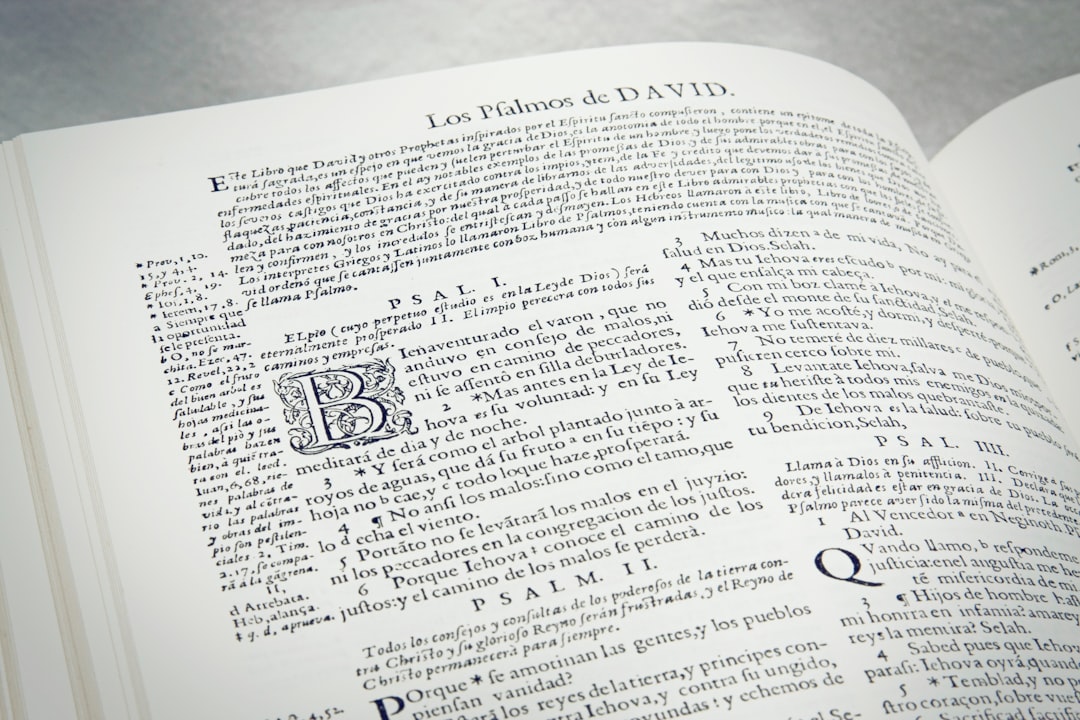Wikipedia: The Free Encyclopedia for the World
Wikipedia stands as one of the most influential and ubiquitous online platforms of the 21st century. As a free, collaborative, multilingual encyclopedia, it has revolutionized the way knowledge is created, curated, and consumed globally. In this comprehensive article, we will explore Wikipedia’s origins, growth, structure, editing philosophy, impact, criticisms, and statistical insights, using tables where suitable to illustrate its scope.
1. Origins and History
Wikipedia was launched on January 15, 2001 by Jimmy Wales and Larry Sanger as a complementary project to Nupedia, a more traditionally-reviewed internet encyclopedia. Wikipedia adopted the "wiki" technology (a website format allowing collaborative editing directly on the site), enabling ordinary users to contribute and edit articles with minimal barriers.
Key Milestones
| Year | Milestone |
|---|---|
| 2001 | Wikipedia is launched |
| 2003 | Wikimedia Foundation is established |
| 2004 | Wikipedia reaches 1 million total edits |
| 2007 | English Wikipedia surpasses 2 million articles |
| 2011 | Wikipedia turns 10 years old |
| 2015 | Mobile site is introduced |
| 2020 | Wikipedia reaches 6 million English articles |
| 2021 | 20th anniversary, 300+ languages covered |
2. Structure and Organization
Wikimedia Foundation
Wikipedia is hosted and supported by the Wikimedia Foundation, a non-profit organization based in San Francisco. The foundation oversees several wiki-based projects, of which Wikipedia is the flagship.
Language Editions
Wikipedia exists in more than 300 language editions. Each edition is operated by its respective language community, which maintains its own editorial standards.
| Language | Number of Articles (Approx. as of 2024) |
|---|---|
| English | 6,700,000+ |
| Cebuano | 6,000,000+ |
| German | 2,800,000+ |
| French | 2,600,000+ |
| Swedish | 2,500,000+ |
| Dutch | 2,200,000+ |
| Russian | 1,900,000+ |
| Spanish | 1,900,000+ |
3. Editing Philosophy
Anyone Can Edit
A fundamental tenet of Wikipedia is that anyone can edit almost any article at any time. This openness is intended to facilitate the rapid accumulation and correction of knowledge, though it has also exposed Wikipedia to vandalism and misinformation.
Notable Policies
- Neutral Point of View (NPOV): All content must be presented fairly and without editorial bias.
- Verifiability: Information must be backed by reliable, published sources.
- No Original Research: Wikipedia is a tertiary source; contributors may not add unpublished facts or analysis.
4. Content and Coverage
Wikipedia covers an enormous range of topics, from ancient history and philosophy to current events and pop culture. The English Wikipedia alone boasts millions of articles across various domains.
Article Quality Assessment
Articles are rated by the community for quality as follows:
| Article Class | Description |
|---|---|
| Stub | Incomplete, needs expansion |
| Start | Developed, but lacks depth |
| C | Substantial, needs more references |
| B | Suitable for most readers, some issues |
| Good Article | Meets strict quality criteria |
| Featured | Among very best articles |
5. Editing Community and Governance
Wikipedia is maintained by tens of thousands of volunteer editors worldwide. Some have special permissions such as administrators ("admins").
| Role | Responsibilities |
|---|---|
| Registered User | Can create/edit articles, participate in votes |
| Administrator | Can block users, protect pages, delete entries |
| Bureaucrat | Can grant admin rights, rename accounts |
| ArbCom | Arbitration Committee, resolves high-level disputes |
Decisions are generally made by consensus or, occasionally, by community vote.
6. Impact and Reach
Wikipedia is consistently ranked among the top 10 most-visited websites. Its information is used by students, professionals, journalists, and even artificial intelligence models.
Usage in Numbers (2024 estimates)
| Metric | Quantity |
|---|---|
| Active editors/month | ~120,000 (all languages) |
| Unique visitors/month | >1.7 billion |
| Pageviews/day | >600 million |
| Number of languages | 300+ |
Its open-license content (usually CC BY-SA) allows for wide reuse, from educational materials to voice assistants like Siri and Google Assistant.
7. Criticisms and Challenges
Despite its popularity, Wikipedia has faced criticism:
- Reliability: Vandalism and misinformation can undermine trust.
- Systemic Bias: Underrepresentation of minority topics/editors.
- Gender Gap: Women represent a minority of contributors (about 15-20%).
- Notability Debates: What is and is not "notable" can be controversial.
- Complex Policies: Learning the editing rules can be daunting for newcomers.
The Wikimedia Foundation and its volunteers continuously work to address these challenges.
8. Funding and Sustainability
Unlike many top websites, Wikipedia is ad-free and funded primarily by reader donations.
Funding Overview (2023-2024)
| Source | Percentage of Revenue |
|---|---|
| Individual donations | 83% |
| Foundations | 10% |
| Corporate | 4% |
| Investments & Other | 3% |
The yearly fundraiser typically ensures enough income to cover operating costs and future improvements.
9. The Future of Wikipedia
Looking ahead, the priorities of Wikipedia and the Wikimedia Foundation include:
- Improving content diversity and quality.
- Enhancing mobile usability.
- Integrating artificial intelligence to help combat vandalism.
- Encouraging new editors, especially from underrepresented groups.
- Ensuring free, open access to knowledge globally.
10. Conclusion
Wikipedia is an unprecedented experiment in human collaboration and information sharing. With over 6 million English articles and hundreds of language editions, it encapsulates the collective effort of millions to document the world’s knowledge—openly, freely, and for all. As both a source and a symbol of democratized information, Wikipedia is likely to remain an essential resource, shaping how societies learn and remember for decades to come.
For more information or to join in, visit Wikipedia and start exploring or editing today!
